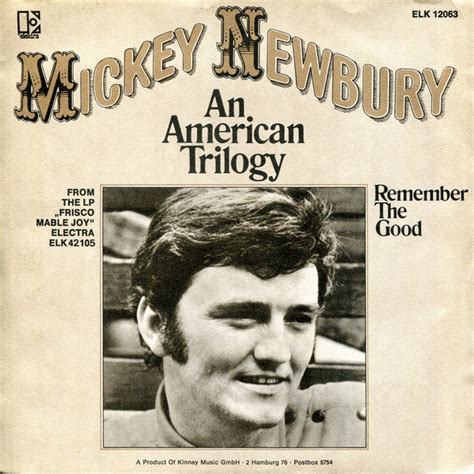A Quote by Norman Lock
I had hoped to be a poet, and for a long time I tried to write poetry. My first published pieces were poems.
Related Quotes
When Emily Dickinson's poems were published in the 1890s, they were a best-seller; the first book of her poems went through eleven editions of a print run of about 400. So the first print run out of Boston for a first book of poems was 400 for a country that had fifty million people in it. Now a first print run for a first book is maybe 2,000? So that's a five-time increase in the expectation of readership. Probably the audience is almost exactly the same size as it was in 1900, if you just took that one example.
The first song I wrote and had published was titled "Just As Long As That Someone Is You". It was written in 1959, and recorded in 1965 by Jimmy Ellege. I started writing songs because I wanted something of my own to sing. I, at that time, was not aware that the songs I heard on the radio were not written by the folks singing them. I had always loved poetry, and found it easy to integrate a melody with poetry.
I was first published in the newspaper put out by School of The Art Institute of Chicago, where I was a student. I wince to read that story nowadays, but I published it with an odd photo I'd found in a junk shop, and at least I still like the picture. I had a few things in the school paper, and then I got published in a small literary magazine. I hoped I would one day get published in The New Yorker, but I never allowed myself to actually believe it. Getting published is one of those things that feels just as good as you'd hoped it would.
When I was about twenty-one, I published a few poems. Maybe I wrote a couple of stories before, but I really began to write stories in my mid-thirties. My kids were still little, and they were in school and day care, and I had begun to think a lot about wanting to tell some stories and not being able to do it in poetry.
The maiden Olympics had more to protest about than mere war, though. Central to its ethos was a rejection of two establishments the political one, certainly, but also that of the wider poetry world itself. It changed poetry for ever in the UK, ... It led to readings all over the country. You suddenly got more women reading and publishing poems, as well as gay guys and poets from all over the world. Until that time, published poetry had been very university-based white, male, middle-class. We were trying to break poetry out of its academic confines.
I would read the Shel Silverstein poems, Dr. Seuss, and I noticed early on that poetry was something that just stuck in my head and I was replaying those rhymes and try to think of my own. In English, the only thing I wanted to do was poetry and all the other kids were like, "Oh, man. We have to write poems again?" and I would have a three-page long poem. I won a national poetry contest when I was in fourth grade for a poem called "Monster In My Closet.
As a sick kid, I always looked out the window. The objects of my observation were the sun, the seasons, the wind, crazy people, and my grandfather's death. During my long period of observation, I felt that something like poems were filling up my body. They were in some kind of state and condition that made them difficult to render into words. As a university student, I tried hard to write them in Korean. It was at that time that I foresaw my death and the world's death. I think my poems started at that time.
The judges who awarded the 1980 Commonwealth Poetry Prize to my first collection of poems, Crossing the Peninsula and Other Poems, cited with approval and with no apparent conscious irony my early poem, "No Alarms." The poem was composed probably sometime in 1974 or 1975, and it complained about the impossibility of writing poetry - of being a poet - under the conditions in which I was living then.

































